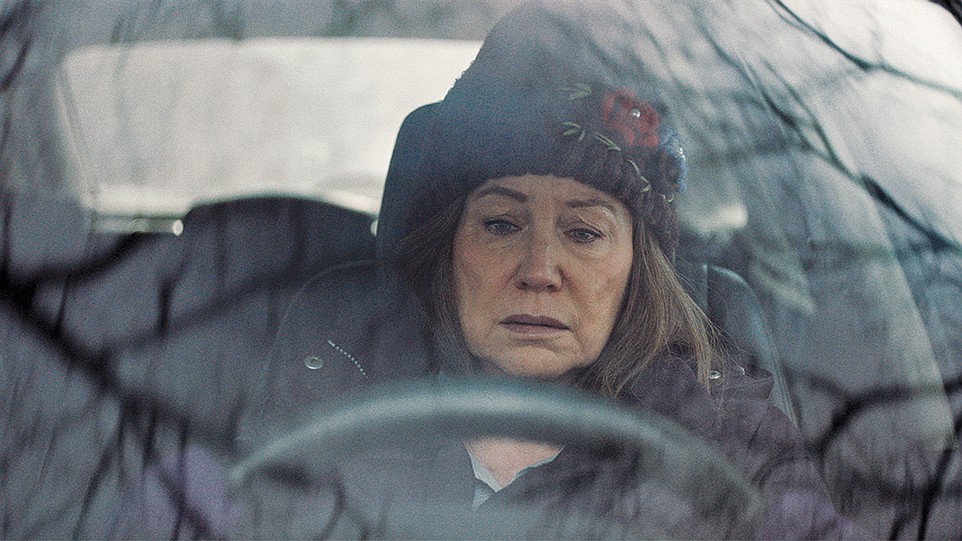- November 22, 2024
-
-
Loading

Loading

Director Kent Jones wrote his new film "Diane" explicitly for veteran actor Mary Kay Place. The move to do so was pure genius on his part. She delivers a subtly explosive performance the likes of which we've never seen before from her.
Place plays Diane, a 70-year-old widow who spends her time helping others. Her good deeds are far from sanctimonious but feel somewhat penitent. Vague references to her past are shared with those closest to her but full disclosure is elusive.
As Diane navigates the course of losing dear friends and loved ones we sense that there is something she must come to terms with soon. Of the utmost importance to her is keeping her drug addicted son, Brian (Jake Lacy), from killing himself. Their relationship is beyond troubled. It's like a festering wound they share that doesn't respond to treatment. And forgiveness doesn't seem to be an option.
"Diane" is not the cheeriest of films but given the non-option of aging it's brutally honest. Jones ("Hitchcock/Truffaut") emphasizes that the ties which bind us are inevitably broken over and over again in life. But it's those ties that enrich our lives and give meaning to our existence. His camera explores the grey Northeast rural landscapes with a sense of duty that prevails in the film's subject matter. At times it feels as though he's shooting in black and white. It's winter in the scheme of things.
The supporting cast is made up of familiar faces from the past. Estelle Parsons ("Bonnie and Clyde"), Phyllis Somerville ("The Curious Case of Benjamin Button") and Andrea Martin ("My Big Fat Greek Wedding") are a welcome sight for sore eyes. But it's Mary Kay Place who outright owns this intimate, gentle film. She wears her heart on her sleeve but covered securely with a woolen sweater. When we watch her tossing back margaritas alone at the local watering hole and dancing to the jukebox, she suddenly becomes ageless. For a moment we lose sight of her internal suffering.
When we finally discover what has been haunting Diane for most of her life, it's a bit shocking. But when we learn why her son is so disapproving of her, we feel a sense of calm emerge. "Diane" is a personal and, yet, familiar journey. Sometimes we don't want to go there but but we're incapable of avoiding it. And sometimes, it's not all that bad.